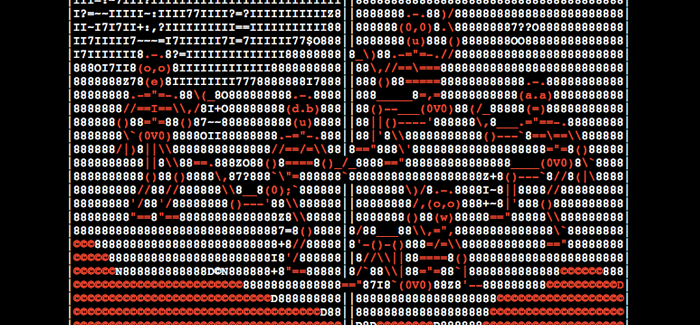
Screengrab from alternate reality game Nexus X.
Playing UChicago’s latest alternate reality game.
I signed up for assistant professor Patrick Jagoda’s class New and Emerging Genres last fall because of its unconventional reading list: David Foster Wallace, William Gibson’s science fiction, and video games. The project of the class was to explore the genesis of genres like “art” games, steampunk, and interactive fiction, with an eye toward the idea of the “new.”
So after the class ended, I wasn’t that surprised to see an e-mail from Jagoda encouraging his former students to participate in Nexus X: An Alternate Archive—a smaller scale follow-up to a previous alternate reality game Jagoda created called Speculation. Alternate reality games are not constrained to a single platform or gaming system, and they require players to collaborate and form networks to complete challenges together in real time. “Such games are only as thought provoking and imaginative as their communities,” Jagoda told us.
The tricky part about playing alternate reality games is that you really have to be there live: reading year-old forum posts about other players’ discoveries doesn’t measure up to the rush of breaking new ground yourself. I missed out on Speculation back in 2012, so I decided to take Nexus X for a whirl.
Nexus X isn’t afraid to be all sorts of things at once. “This is ‘Nexus X,’” the game starts off, “the next nexus, an alternate archive, a Speculation simulation, and a special kind of trap.” Strictly speaking, the game is a series of eight password fields, each with an associated “ludic challenge” to solve. They increase in difficulty as you go along: the first password is given to you directly, and the second only requires you to click on a link. The eighth password? We’re still working on it; more on that later.
I’m more interested in the huge wall of text below the password fields, where a user called “Parkaboy73” explains the stakes of Nexus X, which is on some level an attempt to archive Speculation by providing a diluted version of the same experience. Nexus X is high-minded and raises meta questions about what Nexus X itself is and what a game is at all. Instead of running, jumping, shooting, and fighting, Nexus X is about reading, thinking, and writing. The original Speculation was “nonhistorical” in a Nietzschean sense, says Parkaboy73: “Experimentation isn’t historical,” he says, and Speculation was an experiment.
In the fictional world of Speculation, the death of the Euro leads to an international conglomerate called MetaCorp assuming essential control over the world’s monetary systems. The game followed the story of JP, a Neo-esque MetaCorp employee with a checkered past. Players uncovered and decoded 64 journal entries from JP that followed him from a stable life to his accidental death at the hands of Eva, the story’s second protagonist. Players could influence the details, if not the ultimate direction, of the narrative; the original game peaked by giving players a chance to interview JP.
The challenges in Nexus X are framed as a demonstration of how Eva connected with the original Speculation players. “Sometimes she linked directly to the transmedia flow,” reads the page that yields password number three. “Other times her secrets converged at the source,” reads challenge number four, which requires players to view the website’s source code, the computer language version of the web page. Jagoda set up the game to reward sleuthing; going back and looking at the source code for the page that yielded password number three, for instance, gives a set of alternate passwords that unlock even more goodies.
It’s a wonderfully suggestive world, full of pictures made out of keystrokes, numbers in place of letters, and countercultural graffiti. The fifth challenge—you’re the stock market ticker, and you try to move up and down to hit particular points—flashes phrases like “flocking patterns,” “flash crash imminent,” and “Random Access Memory leak” across the page. There’s a poetry to Nexus X.
The key to the game, though, is the accompanying forum, which includes discussion threads about the original game, space for collaboration, bizarrely poetic spam generated by bots, and players sharing additional resources e-mailed to them throughout the course of the game.
Somebody’s been going through and adding red capital letters throughout the forum that we think constitute the eighth, still undiscovered password for Nexus X. The unexplained in-game timer expired weeks ago, but the red letters keep popping up. Maybe you can help?
